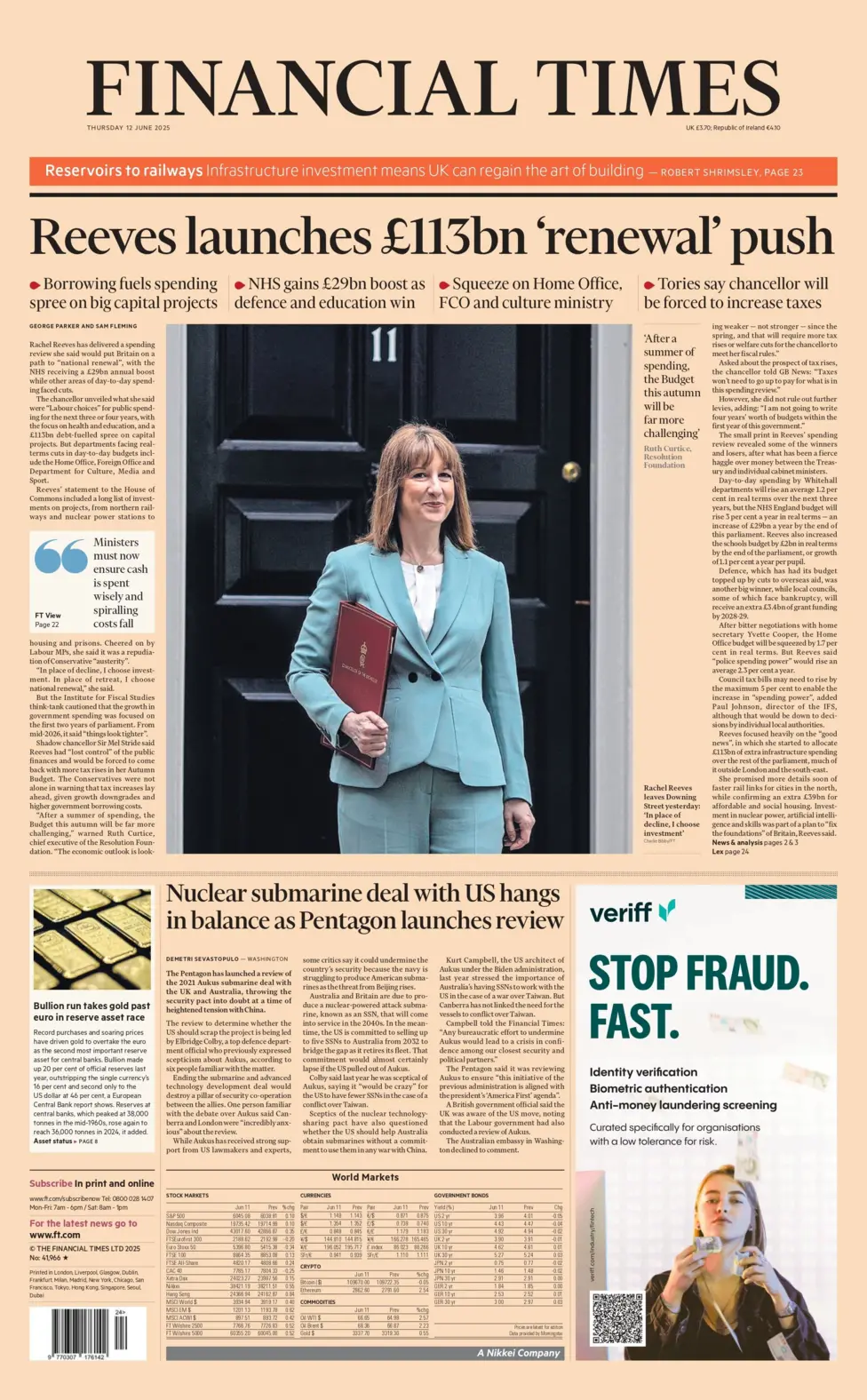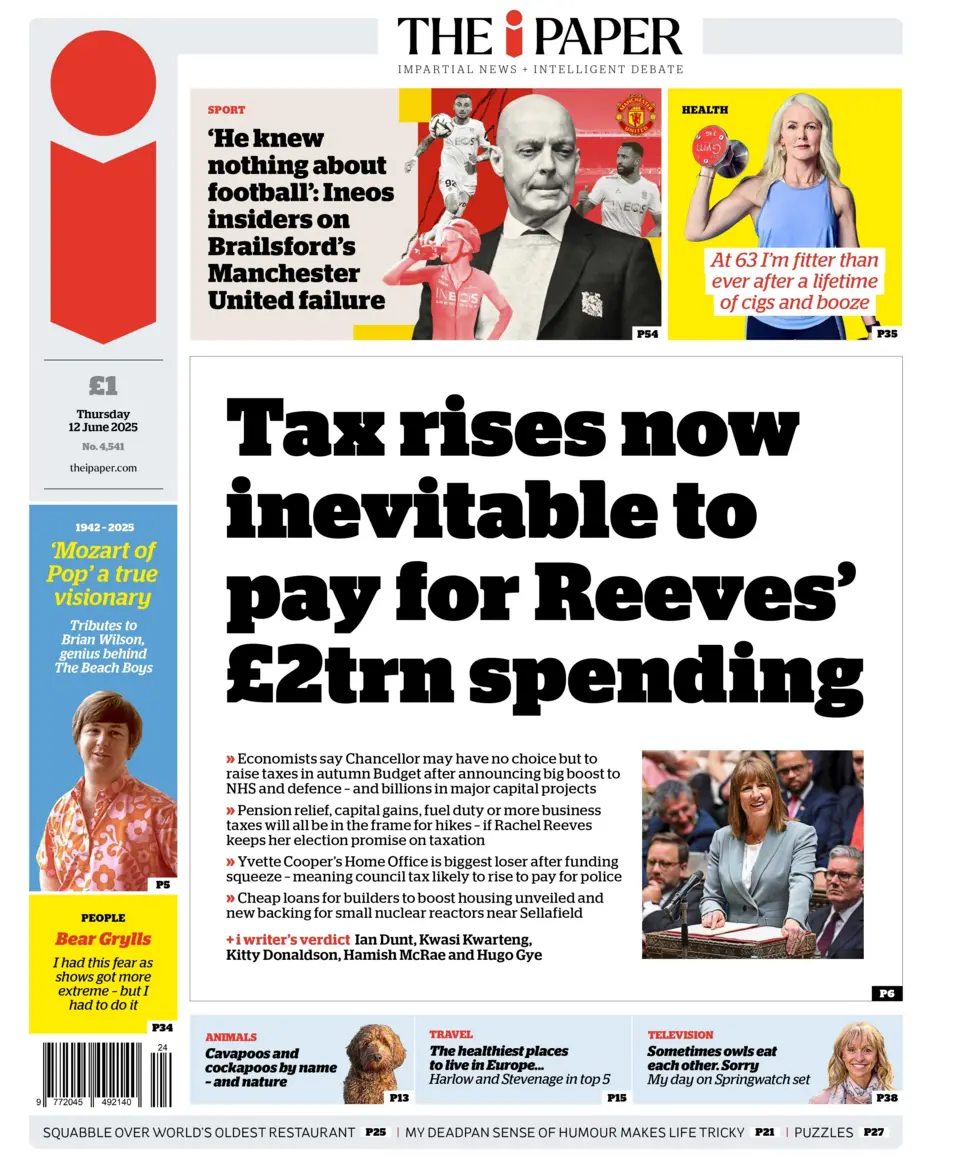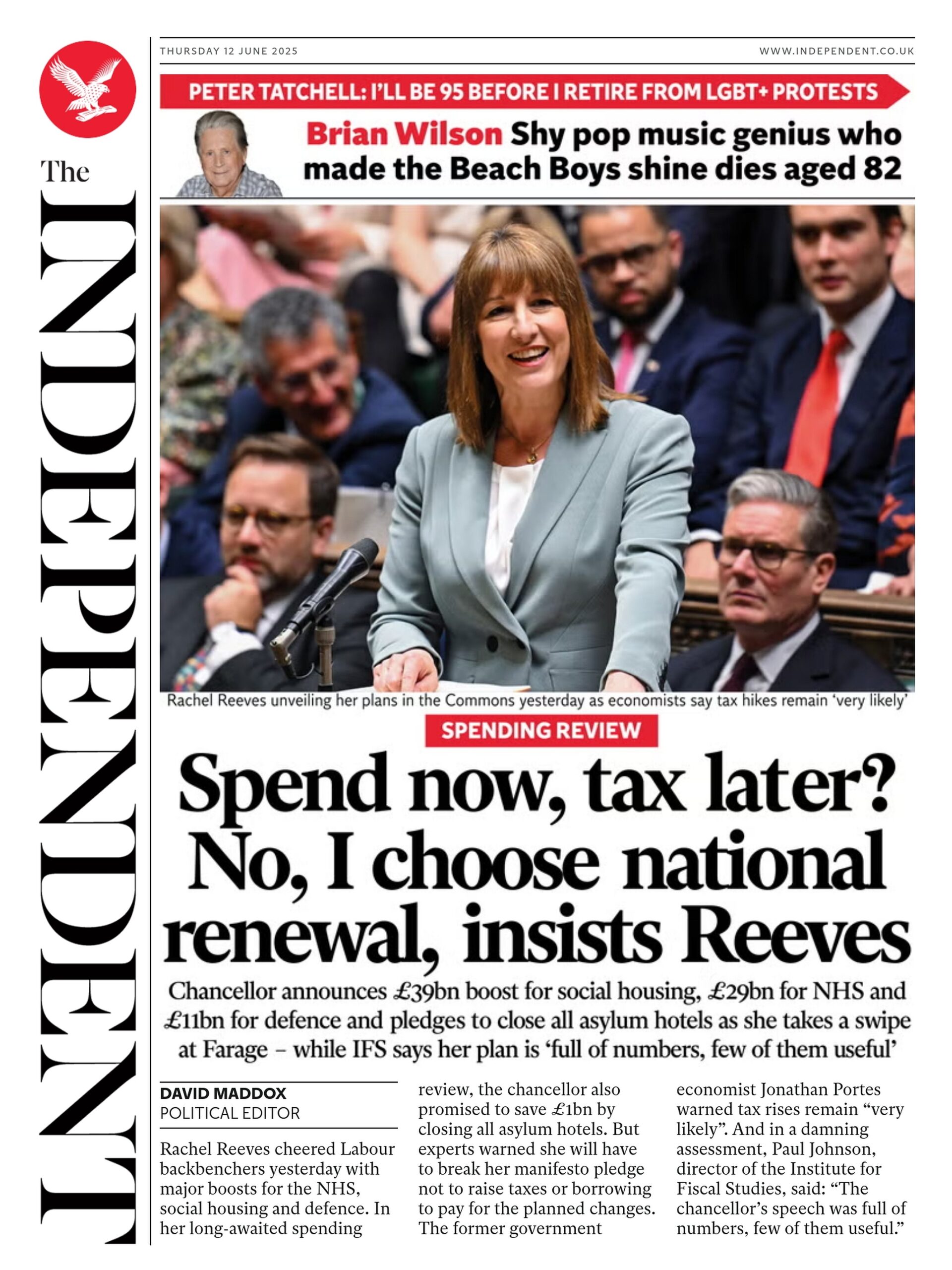Latest News
- Andrew Charged Taxpayers for Massage While Envoy, Ex-Civil Servants Claim
- Eric Dane’s Fundraiser for Late Grey’s Anatomy Co-Star Exceeds £200,000
- Activists display Andrew Mountbatten-Windsor’s arrest image in the Louvre | News UK
- Hungary and Slovakia suspend diesel exports to Ukraine amid pipeline disruption
- US Ambassador Mike Huckabee Faces Arab Nations’ Backlash Over Israel Comments
- Trump dispatches ‘impressive hospital ship’ to Greenland for medical aid
- Armed individual shot dead after breaching Mar-a-Lago’s perimeter
- EPSO, the EU’s flagship entry exam, returns after seven years





